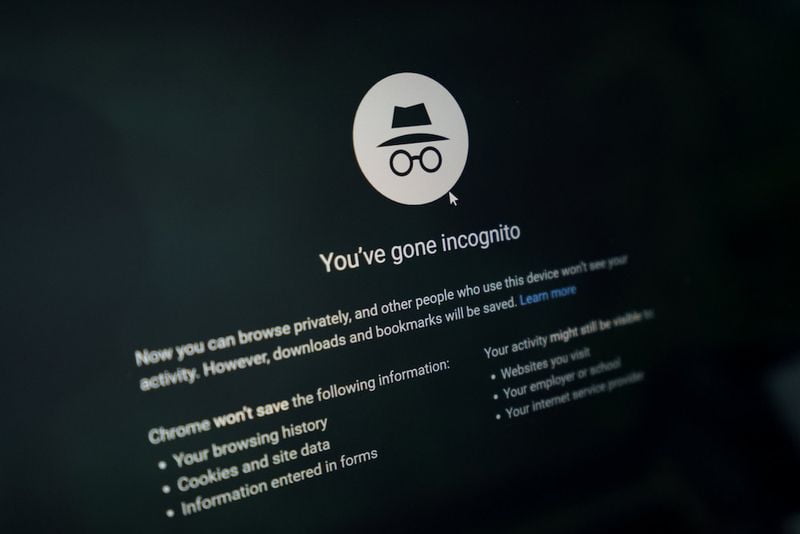Last year, three users filed a lawsuit against Google for persisting with its data tracking systems, even though the incognito mode of browsers.
Google faces class-action lawsuit for tracking users through incognito mode
Initially, Google tried to have the lawsuit dismissed, but the verdict was adverse. Today, the lawsuit is ongoing.
With that phrase, Google defined in a previous court filing the incognito mode of its browser. Today, they face a similar situation, Bloomberg reports.
Google will have to face a class-action lawsuit filed by users who claim that the popular search engine collects personal data of its users through Google Analytics, Google Ad Manager, plus other applications and website add-ons, including through the incognito mode of the browser, whether through the desktop or mobile browsers.
Despite attempts by Alphabet, on behalf of its subsidiary Google, to have the case dismissed, Lucy Koh, a U.S. District Judge in California, U.S.A., declared the lawsuit admissible.

Formally, this accusation dates back to June last year. According to Reuters, the users accuse Google of taking advantage of these browsing modes to “illegally invade the privacy of millions of users by tracking their Internet use in a generalized manner” and seek at least 5 billion dollars in compensation.
The scope of this situation is not limited to the use of incognito mode in Chrome, according to the lawsuit, as it would also contemplate private browsing in Safari and other browsers.
The judge’s decision is based on the fact that the company “failed to notify users that Google participates in the alleged data collection while the user is in private browsing mode,” according to what is stated in her ruling.
The lawsuit posits that “Google knows who your friends are, what your hobbies are, what you like to eat, what movies you watch, where and when you like to shop, what your favorite vacation destinations are, what your favorite color is, and even the most intimate and potentially embarrassing things you browse on the Internet, regardless of whether you follow Google’s advice to keep your activities ‘private.'”
Google’s response boils down to the fact that they will try to defend themselves with all means possible. Through a statement, José Castañeda, company spokesperson, specified that “Incognito mode in Chrome gives you the option to browse the Internet without your activity being saved on your browser or device. As we indicate every time you open a new incognito tab, websites may be able to collect information about your browsing activity during your session.”
In a move that will impact the future of digital marketing, Google revealed earlier this year that it is working on a new system to eliminate third-party tracking cookies. Among these projects, there are no plans to replace cookies with something that will end up being equally invasive.
The purpose behind the collection of this data is justified in the elaboration of a profile with your preferences and habits, to offer advertising and a personalized user experience. If you are interested in knowing how much information Google knows about you, we recommend you review our video guide.




